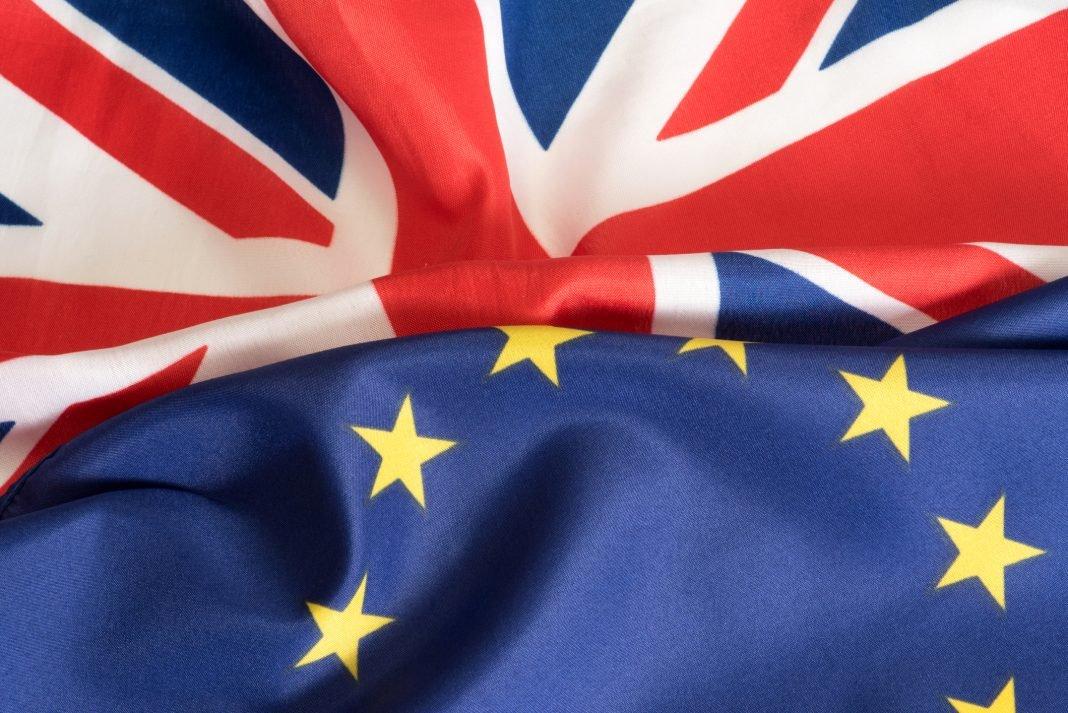As Brexit looms, the UK and the EU can still agree that Facebook needs to be reined in.
A report published earlier this month by the U.K. Digital, Culture, Media and Sport committee likened the social media company to “‘digital gangsters’ in the online world, considering themselves to be ahead of and beyond the law.” The committee came to the conclusion that Facebook knowingly violated U.K. privacy and anti-competition laws and required further regulation and investigation.
While the EU isn’t actively investigating Facebook, it may be in the very near future, according to European Competition Commissioner Margrethe Vestager, who recently commented that regulators would be following the company’s behavior with “great interest.”
The EU’s new digital copyright legislation also aims to place constraints on Facebook’s dissemination of news content, requiring the company to choose between sharing “copyright-related revenue” with journalists and publishers, or limit aggregated content to excerpts that are “very short.” If implemented, the law would also require Facebook and Instagram to prevent users from uploading copyrighted material and-or sharing news articles in their entirety.
EU member states are also pursuing actions against Facebook individually. Germany’s competition authority ruled that the company could not continue its practice of combining user data from multiple sources–including activity on Facebook, WhatsApp, Instagram, as well as web browsing history to build user profiles without a user’s specific consent.
Ireland’s Data Protection Commission announced the possibility of similar legislation to stop the proposed integration of messaging on Instagram, WhatsApp and Messenger, all of which are owned by Facebook.
The net effect of these calls for regulation remains to be seen. Given Facebook CEO Mark Zuckerberg’s recent claims that his company is an “innovator in privacy,” it doesn’t seem likely senior leadership is too worried about the near-constant drumbeat of scandals and controversy regarding their use of user data.










